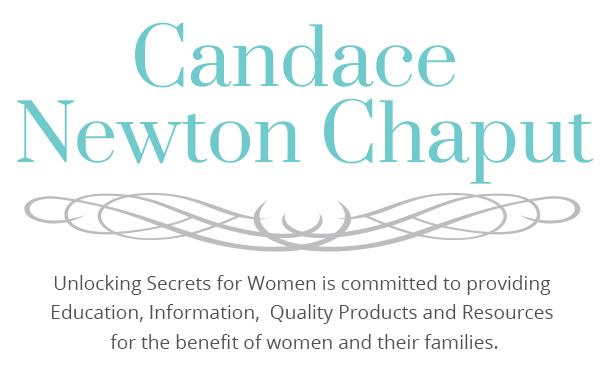Unlocking the Secrets of Ghanaian Marriages: A Comprehensive Guide for Love and Matrimony
Introduction
Table of Contents
marriage in Ghana is a sacred institution that holds immense cultural and social importance. Understanding the unique aspects of Ghanaian marriages can help couples navigate this journey with greater love, harmony, and success. This guide provides a comprehensive overview of Ghanaian marriage traditions, expectations, and practical tips, empowering individuals to embark on this transformative experience with knowledge and confidence.
the Past and Cultural Context of Ghanaian Marriages
Matrilineal Society and Customary Marriage:
Ghanaian society embraces a matrilineal system, where lineage and inheritance are traced through the maternal line. Traditionally, marriage involved the union of two families, and the bride remained in her family home after marriage, with her children belonging to her clan.
Polygamy and Its Evolution:
Polygamy, the practice of having multiple spouses, was prevalent in historical Ghanaian societies. However, modernization and Western influence have gradually led to its decline, with monogamy becoming the norm in contemporary Ghanaian marriages.
The Stages of a Ghanaian marriage
1. Courtship and Proposal:
courtship traditionally involves a period of getting to know each other and exploring compatibility. The man typically initiates the proposal through family intermediaries or directly to the woman’s parents.
2. Engagement and Planning:
If the proposal is accepted, an engagement period follows, during which both families meet to discuss dowry, wedding arrangements, and other details.Preparations for the wedding, including financial contributions from both families, begin during this stage.
3. Traditional Wedding Ceremony:
In many Ghanaian cultures, a traditional wedding ceremony is held, involving rituals and customs that vary by ethnic group. It typically includes the exchange of vows, blessings from elders, and cultural performances.
4. Church or Civil Ceremony:
Most couples opt for a church or civil ceremony to legalize their marriage and receive blessings from religious or legal authorities. This often takes place after the traditional ceremony.
Expectations and Responsibilities in Ghanaian marriages
Roles and Responsibilities:
In traditional Ghanaian marriages, roles are typically gendered. Men are expected to provide for their families financially and serve as protectors, while women are responsible for domestic duties and childcare.
Interaction and Conflict Resolution:
Open communication and respectful dialogue are crucial in ghanaian marriages. Conflicts are frequently enough addressed through family elders or mediators who provide guidance and insight.
Family Involvement and Support:
Family plays a notable role in Ghanaian marriages. Extended family members offer support, advice, and assistance, especially during major life events and challenges.
Benefits and Practical Tips
Benefits of Ghanaian Marriages:
Rooted in cultural traditions and values
Strong family support system
Emphasis on respect and harmony
Opportunities for personal and spiritual growth
Practical Tips for a Accomplished Marriage:
communication: Establish open, honest communication channels.
respect: Value each other’s opinions, beliefs, and boundaries.
Compromise: be willing to compromise and find solutions that work for both partners.
Financial Planning: Ensure financial stability and plan for the future together.
* Seek Support: Don’t hesitate to reach out to family, friends, or counselors for support when needed.
case Studies
Story 1:
Naa and Kwame have been married for 5 years. they credit their successful marriage to open communication, mutual respect, and a shared commitment to their children. Through family support and a strong bond, they have overcome challenges and built a fulfilling partnership.
Story 2:
Adjoa and Kofi faced marital difficulties in their early years of marriage due to cultural differences and communication barriers.Seeking counseling and support from family elders helped them navigate these challenges and strengthen their relationship. Today, they enjoy a harmonious and loving marriage.
First-Hand Experience
From Adwoa, a Ghanaian wife:
“Marriage in Ghana is a journey that requires love, understanding, and a commitment to family. embracing our traditions while incorporating modern values has allowed me and my husband to build a fulfilling partnership.”
Conclusion
ghanaian marriages are a unique tapestry of cultural traditions, societal expectations, and personal experiences. By understanding the historical and cultural context, stages of marriage, and roles and responsibilities, individuals can enter into this sacred union with a deep recognition and a commitment to creating a harmonious and fulfilling partnership. This guide empowers couples to navigate the complexities of Ghanaian marriages and embark on a journey of love and matrimony that is rooted in tradition, respect, and unwavering support.

